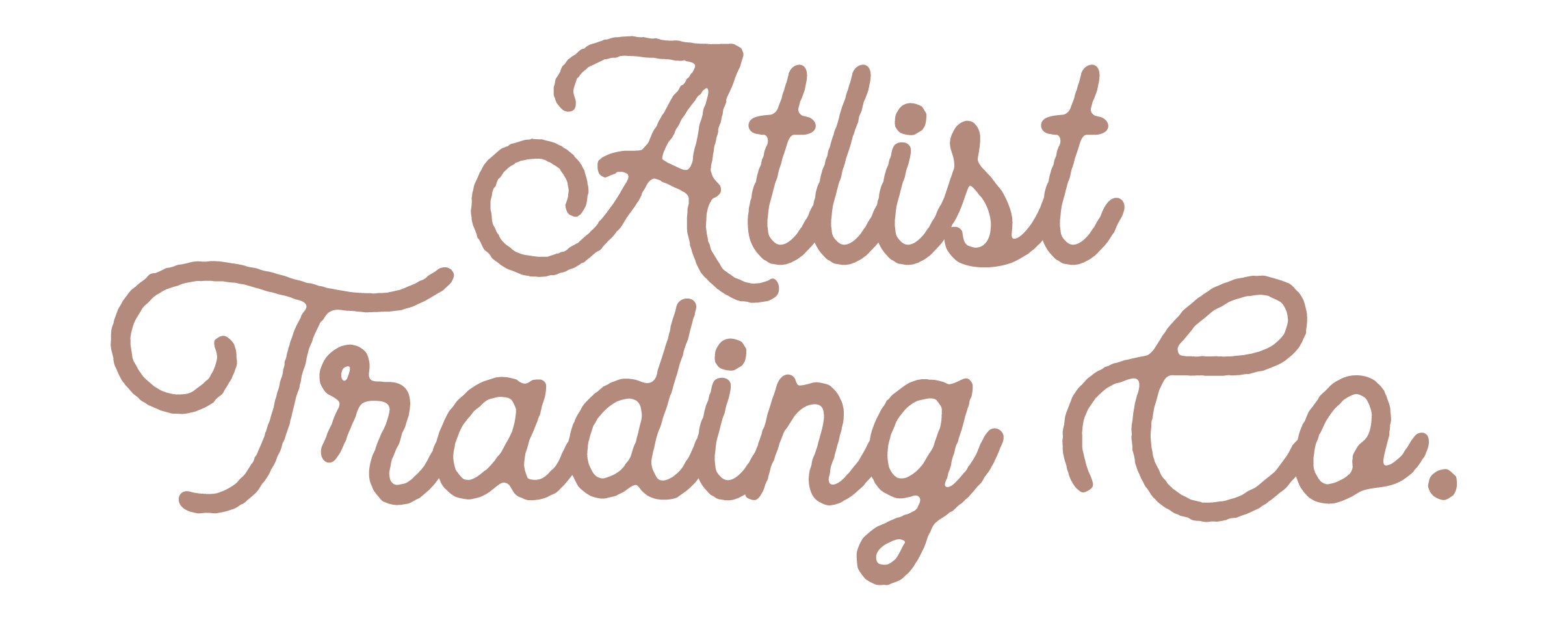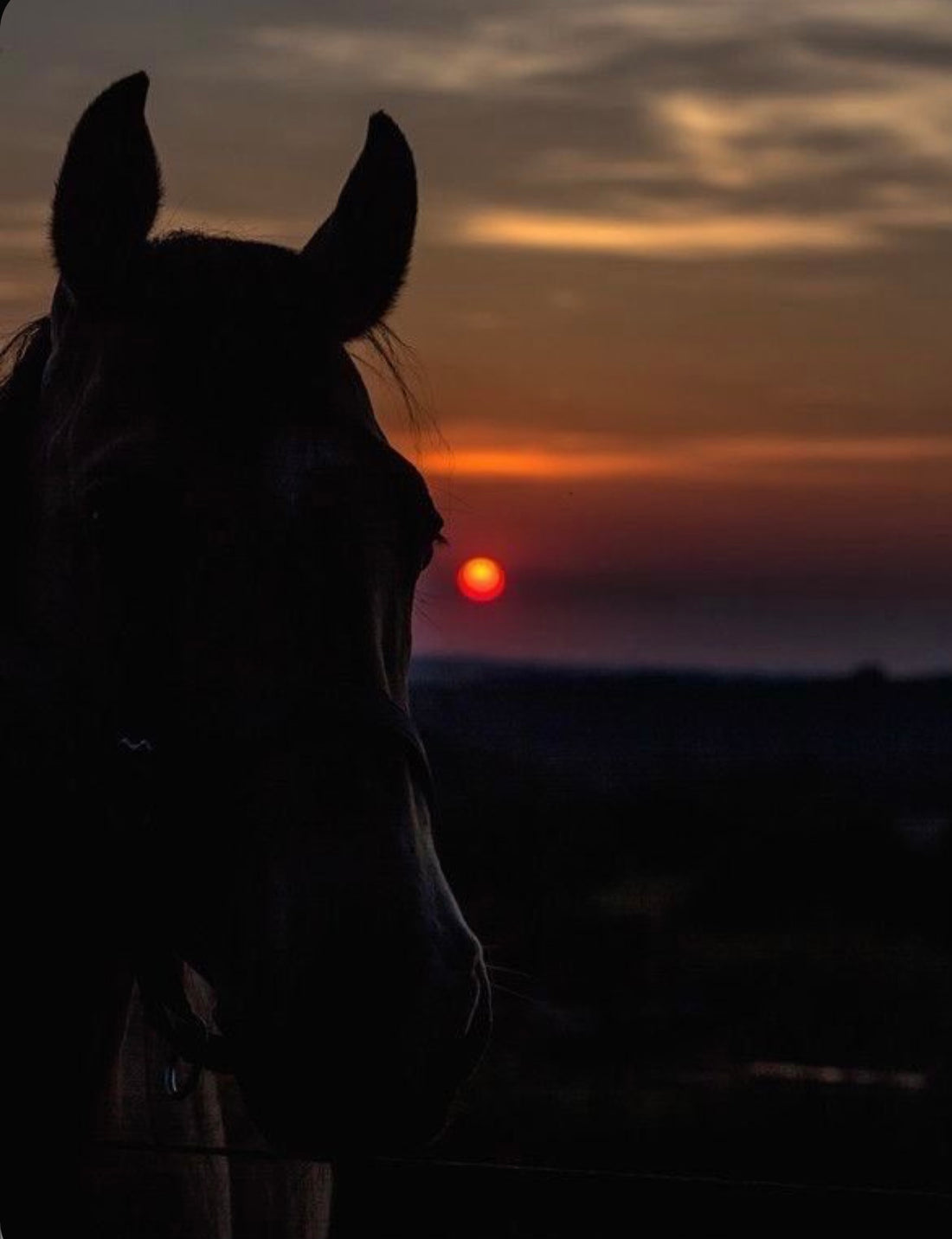To go more in dept on one of our previous blogs (Running on a full stomach) about horses and eating, this week we are gonna discuss how long a horse can go safely without food.
Many places that keep horses if its your personal home or boarding facility have horses stand for long periods of time without any hay or grass. Now you ask these people why and their answer is “ weight control diet”. Now how does that sound to you? If you were to put yourself on a diet would you completely stop eating for long periods of time? The answer is no! Your best to eat a designed meal plan with better foods threw out the day and have a good workout schedule.
The question everyone is asking, is how long can a horse be without food before damage is done? What kind of damage will be caused, and how serious is the damage?
The answer is simple, a horse can go a maximum of four hours without food.
You ask why?
Horses are designed to eat constantly. This is known as grazing. In the horses digestive system they have no way to store their acids and digestive enzymes. Why is that we ask? They were not designed to be able to do that. As we go more in dept of the horses anatomy they also have no gall bladder to store bile. Bile is a bitter fluid that helps in the digestion which is secreted by the liver and stored in the gall bladder which a horse don’t have. Their stomach is constantly releasing acids, whether or not they have food in their stomach or intestine.
Horses on average can hold anywhere between eight to fifteen litres in their stomach. Depending on what this horse has eaten it can take on average four to six hours for their stomach to completely empty. When the horse’s stomach and intestines are empty the acids and enzymes start to digest the insides of the horse. This causes both gastric and intestinal ulceration. Studies show that on average twenty five to fifty percent of foals and sixty to ninety percent of adults suffer from these damages.
Are ulcers are only concern?
Horses are an very emotional animal. They feed off of our emotions, and put out a lot of their own. Having an empty stomach for a horse is a stressful situation. The longer they go without food the more stress hormones and cortisol predominantly. What is cortisol? Cortisol blocks insulin, and causes a high blood glucose level. In this case this stimulates the body to release more insulin which will cause fat tissues to be deposited and lepton resistance. Over time this will be a problem for hoses causing a insulin resistance. These issues are known risk fractures for laminitis which are caused by short term starvation. This starts normally within three or four hours after the stomach is empty. Starving a laminitis prone horse is one of the worst things you can do.
Starving a horse over long periods of time this will affect muscles and weaknesses. Which will lead to a lack of stamina. In this case your performance horses will need a constant supply of nutrition to function to their full potential.
Causing a horse stress will lead to bad behaviour in the stall. Stall kicking,weaving and the famous one cribbing. We touched a bit on cribbers in a previous blog (please refer to “The famous tic”)
Many stables do a night check around 8pm and next time they go and feed is 8am on average. They may provide enough feed to last the horse for up to, two hours maximum. Because in your mind they are going to sleep the night correct? This is not true! Horses on average only need twenty minutes of REM (rapid eye movement sleep) sleep every twenty four hours. They may spend a few hours through out the day napping away but they spend most of their day eating and being a horse. Let’s break this down real quick. 8pm they have hay to last till 10pm, then by 2am their stomach is completely empty. By 6am they are in starvation mode. When you enter the barn in the morning to go feed they are in full panic/stress mode physically and mentally.
I have been saying for years and I feed this way with all my animals. If they have a constant source of food at their disposal all day long they will eat less in the long run. When they are on a schedule they tend to eat quick because they’re hungry by then and don’t know when their next source of food will be. This is known as intermittently starved horses. At first yes, they will throw themselves at the food but after a few days you’ll notice they will go when they want and eat in smaller doses. When they take their time to eat and aren’t stressed it helps reduce colic and ulcers. Now I’m not saying throw a full round bale out there and say good luck. There’s a difference between all you can eat and constant supply. There is a lot we can do to reduce calorie intake and help control the weight with a constant supply of feeding. Hay nets and feeders can help. But don’t forget horses are designed to eat off the ground and not in the air. We don’t wanna fix a problem and cause another one in the process. Another great way to help maintain weight is a good exercise plan.
Now every horse is different please discuss the proper plan with a nutritionist. But this is the law of nature and horses have this anatomy and metabolism. What you do with this information is individual to all and how you use.
Resources
- Nutritional course of Guelph Ontario
- From the horses mouth by Cavanagh and Ternan
By:Harley Walklate

